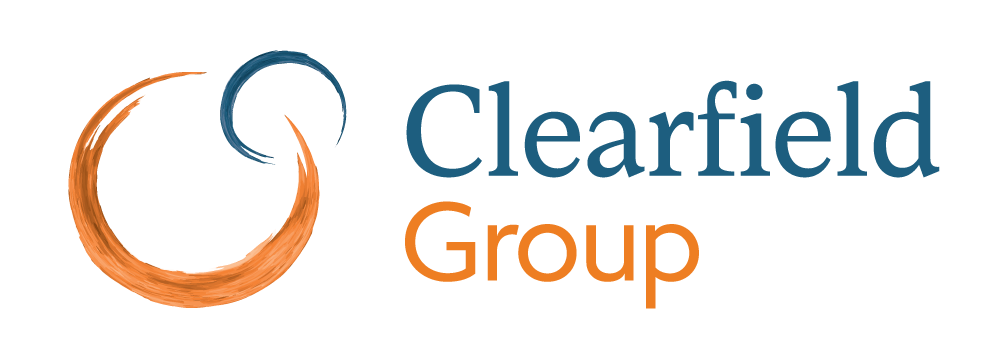The thought I want to share with you today comes to us from a fairly unlikely place: English “philosophical entertainer” and popular interpreter of Buddhism, Alan Watts.
Watts proposes a useful distinction between organisms and mechanisms that is an excellent leadership insight:
“Mechanisms are built and organisms are grown.”
One of the mistakes leaders make (myself included) is to treat organisms as mechanisms.
As leaders, we often get stuck because we have a certain set of tools we’ve relied on for success in our mechanistically oriented world. We’re engineers who have solved engineering problems, coders who build software, safety professionals with deep wells of technical knowledge, and lawyers who sink or swim based on our expertise.
Yet when we become leaders, reaching for these old tools can leave us frustrated.
Those tools don’t work on people or organizations.
When leaders treat people as mechanisms, we rely on tools like incentives and try to control behavior.
“If only they would listen to us and do what we ask them to,” we sometimes think to ourselves, “this whole problem would be solved.”
But people are not built; we are grown. And as organisms, we thrive when we are in relationships with each other. And relationships and trust are what really get things to change.
We need to choose the right mode of operating for the right problem. It’s important because bringing the wrong tool to the job creates stress and friction, adds to resistance and dis-ease, and increases wear and tear.
I created The C.L.E.A.R. Path to Executive Leadership, a program crafted after in-depth research and work with hundreds of leaders at global organizations, to help leaders grow their awareness and bring the right tools to the challenges they face.
The C.L.E.A.R. Path to Executive Leadership is a 12-week-long journey designed specifically for busy leaders and emphasizes reflection, practice, and tools.
After this program, you will listen better, lead more confidently, empower others (while holding them accountable), and create cohesive and empowered teams with a unified vision so you can drive results.
Do you think this might be of service to you?
If so, book a complimentary 30-minute leadership diagnostic call. We’ll spend the first part of the call reflecting on your approach to leadership and wrap up by seeing whether this program might be a good fit for you.
Click here to book.

